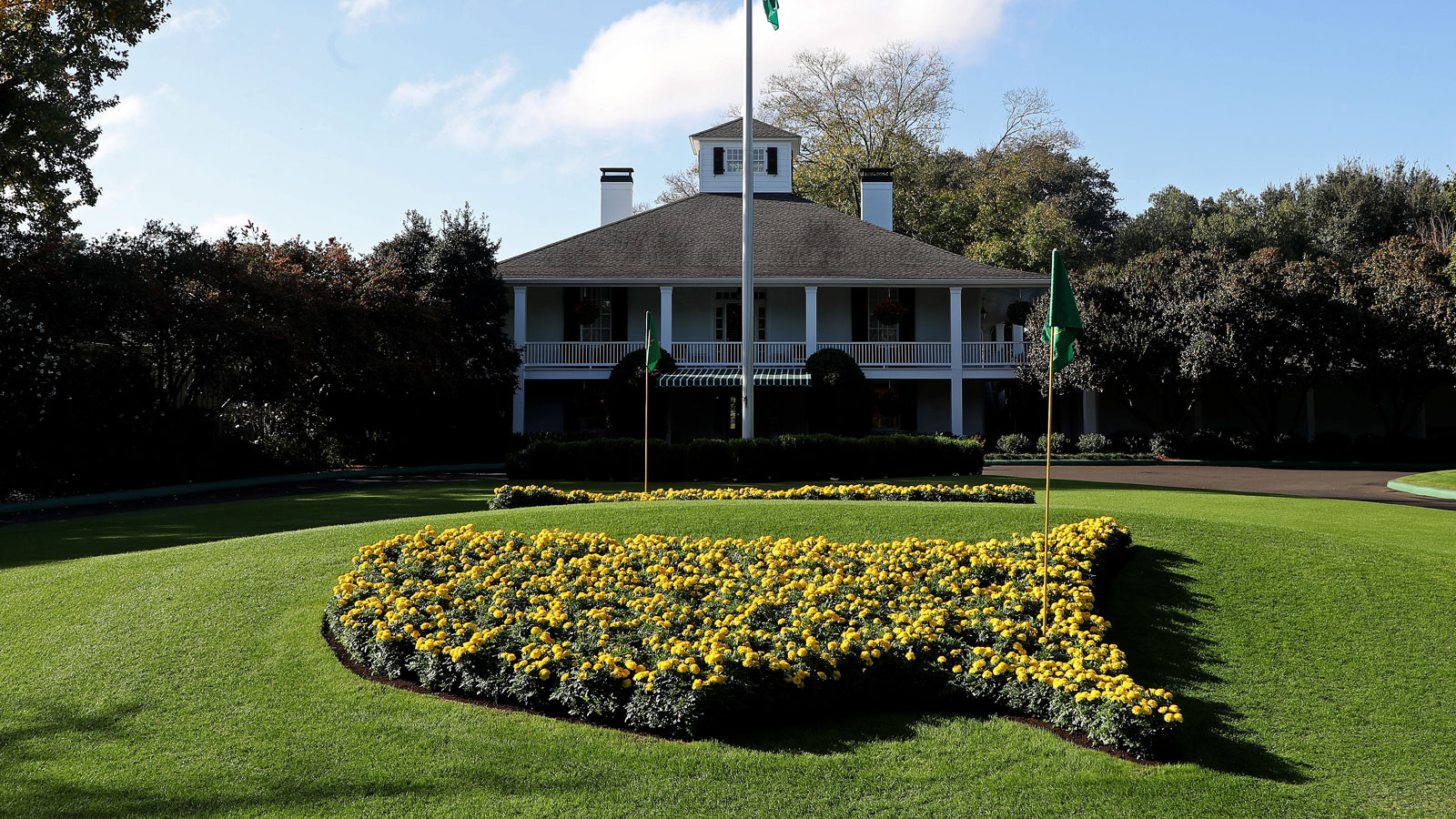Augusta Golf Course stands as an epitome of golfing excellence, renowned for its lush fairways, legendary moments, and the annual Masters Tournament. Yet, amidst its splendor, a question lingers in the minds of many: Who owns Augusta Golf Course? Delving into the realm of golf’s most revered sanctuary, this article aims to unravel the ownership of Augusta Golf Course and shed light on the custodians who have nurtured its legacy.
Nestled in Augusta, Georgia, this majestic golf course has a history steeped in tradition. To understand its ownership, we must journey back to its origins and explore the visionaries who laid its foundations. By tracing the course’s timeline and the influential figures involved, we gain a deeper appreciation for the guardianship that has shaped Augusta Golf Course.
At the heart of Augusta Golf Course lies Augusta National Golf Club. Established in 1933, this esteemed club plays a pivotal role in the ownership and management of the course. As we uncover the relationship between Augusta National Golf Club and Augusta Golf Course, we unveil the intricate dynamics that define their ownership structure.
Of course, the allure of Augusta Golf Course is further heightened by the prestigious Masters Tournament. This iconic event, held annually on these hallowed grounds, attracts the world’s top golfers and captivates global audiences. Examining the interplay between the tournament and ownership, we gain insights into the symbiotic relationship that elevates Augusta Golf Course to unparalleled heights.
As we embark on this exploration, we shall navigate through the corridors of history, uncover the legal entities involved, and shed light on the privacy and secrecy that enshrouds Augusta Golf Course’s ownership. With each revelation, we will pay homage to the dedicated stewards who have safeguarded its integrity and ensured its enduring grandeur.
Join us as we embark on a journey to uncover the ownership of Augusta Golf Course, immersing ourselves in the rich tapestry of its heritage and the guardians who have preserved its place as golf’s crown jewel.

The History and Founding of Augusta Golf Course
To understand the ownership of Augusta Golf Course, it is essential to delve into its history and founding. The course, located in Augusta, Georgia, has a storied past that dates back to its inception in the early 20th century. By exploring the individuals involved in its founding and the historical significance of the course, we gain insights into the foundations upon which its ownership rests.
Augusta National Golf Club: The Entity behind Augusta Golf Course
At the heart of Augusta Golf Course’s ownership is Augusta National Golf Club. Established in 1933, Augusta National Golf Club plays a pivotal role in the stewardship of the course. By examining the relationship between Augusta National Golf Club and Augusta Golf Course, we uncover the dynamics of ownership and the influence wielded by this prestigious club.
The Masters Tournament and Augusta Golf Course
One cannot discuss Augusta Golf Course without acknowledging the Masters Tournament, one of the most prestigious events in professional golf. The Masters Tournament is hosted annually at Augusta Golf Course and plays a significant role in its ownership and management. By exploring the organizational structure of the tournament and the involvement of Augusta National Golf Club, we gain a deeper understanding of the interplay between ownership and the iconic event.
Membership and Governance of Augusta National Golf Club
To unravel the ownership of Augusta Golf Course, we must examine the membership and governance of Augusta National Golf Club. This exclusive club boasts a membership structure that reflects its esteemed status in the golfing world. By understanding the membership criteria, selection process, and the governance mechanisms within the club, we gain insights into the ownership landscape that shapes Augusta Golf Course.
Ownership Structure and Legal Entity of Augusta Golf Course
The ownership of Augusta Golf Course is intricately tied to its legal entity. By investigating the legal structure and relevant entities associated with Augusta Golf Course, we shed light on the ownership dynamics and any changes or transfers that have occurred over time. Through careful examination, we uncover the guardians who have held the reins of this golfing treasure.
Privacy and Secrecy Surrounding Ownership
Augusta Golf Course and Augusta National Golf Club have been shrouded in a culture of privacy and secrecy. This section explores the reasons behind limited disclosure of ownership information and the impact of this culture on public perception. We delve into the realm of public speculation and rumors that often surround the ownership of Augusta Golf Course.
Historical Figures and Philanthropic Contributions
Throughout its history, Augusta Golf Course has been associated with influential figures who have left an indelible mark on the course and its ownership. By highlighting these historical figures and their contributions, we gain a deeper appreciation for the individuals who have shaped Augusta Golf Course. We also explore the philanthropic initiatives and community involvement that emanate from the ownership of this iconic institution.
Conclusion
In conclusion, the ownership of Augusta Golf Course is intertwined with Augusta National Golf Club, its rich history, and the stewardship of influential individuals. The entities and individuals involved have nurtured Augusta Golf Course into the golfing icon it is today. While privacy and secrecy surround the ownership landscape, the legacy and impact of Augusta Golf Course continue to captivate golf enthusiasts worldwide. As we appreciate the beauty and tradition of Augusta Golf Course, let us acknowledge the guardians who have preserved its glory and ensured its place as a hallowed ground of golf.
